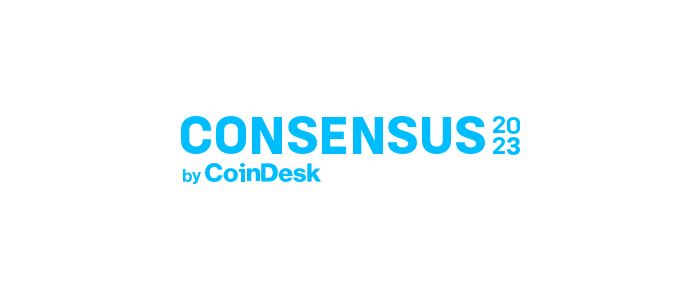A group of experts at Consensus 2023 discussed the pros and cons of self-custody and regulation for crypto assets in the wake of the FTX collapse.

In December 2022, FTX filed for bankruptcy, revealing that it had only $900 million in assets and more than $9 billion in liabilities.
Sam Bankman-Fried (SBF), the founder of FTX, used customer funds to gamble on risky ventures and transferred assets to another crypto firm without authorization, leading to the company’s fall.
According to the initial bankruptcy filings, many customers are still waiting to reclaim their crypto assets, worth between $1 billion and $10 billion.
Many crypto enthusiasts consider self-custody as the best way to secure one’s crypto assets and avoid the risks of centralization, such as hacking, theft, fraud, or seizure by authorities.
A roundtable discussion at Consensus 2023 examined how policymakers can establish practical guidelines for consumer protection without undermining and advancing the crypto ethos of controlling one’s assets.
Participants hailed from various backgrounds, from technology to regulation and business.
Since users have varying demands, preferences, and risk tolerances, there is no one-size-fits-all crypto custody solution. The conversation highlighted the following:
- Crypto users need greater information about the pros and cons of self- and centralized custody.
- Crypto custody providers must innovate and compete to improve security, usability, and interoperability.
- Regulators, industry actors, and users must work together to develop crypto custody standards and best practices.
- Crypto custody needs additional flexibility and diversity, such as hybrid schemes that blend self- and centralized custody.
The conversation also revealed that self-custody is less widespread than expected.
54% of the 169 attendees who responded to an electronic survey believed that fewer than 10% of crypto users were competent and familiar with storing their own keys.
The Hurdles of Crypto Custody
FTX collapse exposes the risks of centralized custody and the need for self-custody for crypto assets.
The crypto custody debate reflects crypto’s values and vision of a more inclusive financial system.
As the crypto industry evolves, it will be subject to greater scrutiny and regulation from authorities and consumers alike. Therefore, it is crucial to strike a balance between protecting crypto users from harm and preserving their freedom and autonomy.
Get the Full Consensus Report here
